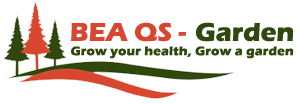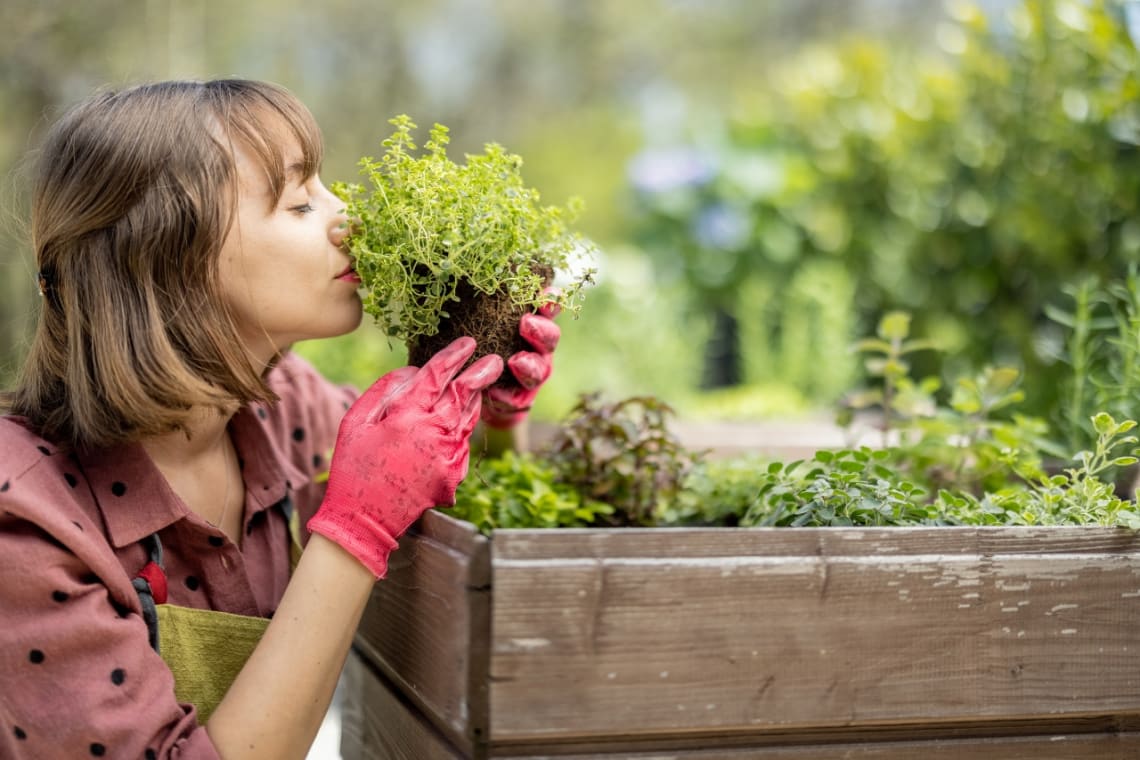A subject like gardening can get people interested, but at the same time, send them away. The thing about gardening is that you have to learn the ins and outs of how to grow a prosperous garden. Tips like the ones in this article should help you do just that.
To save on energy, cost, and resources, don’t plant more of a crop in your garden than you are able to use. If you’re not planning on selling your crops at a market, planting more than you can use will just end up wasting resources and space in your garden. If you have extra space, look into planting a variety of crops instead.
To avoid drowning your plants, follow weather reports as much as possible. If rain is expected, there is no need in watering your garden. This will save you money on your water bill and avoid watering your plants exceedingly. If dryness and heat are expected, water your plants accordingly.
Avoid chemicals for pest control. Chemicals are effective but can also damage your plants. You should look for natural methods instead. For instance, you can buy jars of ladybugs and release them on your plants. Ladybugs are natural predators for a variety of smaller insects that eat flowers and other plants.
It is obvious that plants require water to grow. It’s also important to know the amount of water that particular plants actually need. Overwatering or under-watering a plant can severely damage its growth and health. Overwatering can result in root rot, where the water-filled environment encourages the growth of microbes that eat away at the roots. Under-watering a plant can make it’s leaves dry and brittle.
Take care of weeds right away when you see them sprout up. Weeds can grow very quickly, and they can take over your garden if they are left unattended. It is easier to keep weeds under control when the weeds are still relatively young. Large weeds have deeper roots and are more difficult to remove.
Start a compost bin, and enjoy nutrient-rich fertilizer that you can use for your vegetable plants, herbs, flowers and more. Food scraps and peels, coffee grounds, eggshells, newspaper, paperboard, yard waste and other organic matter are perfect additions to your compost bin. Keep a small bucket or bag in your freezer as an odor-free way to collect kitchen waste, and empty the container into the outdoor bin when it is full.
Plant a new and different edible each week. Eating tomatoes or corn every day can get old real quick, but if a variety is planted, this problem will never happen. The garden can offer a wide variety of different edible plants and if they come to maturity at the same time the variety will make the garden more enjoyable and more fun.
Hopefully. now that you have a greater insight on ways you can be successful in growing a home garden, you should start feeling optimistic about your garden’s potential. Now that you do have this knowledge, start implementing it in your garden on a daily basis and before you know it, your home garden should prosper.





